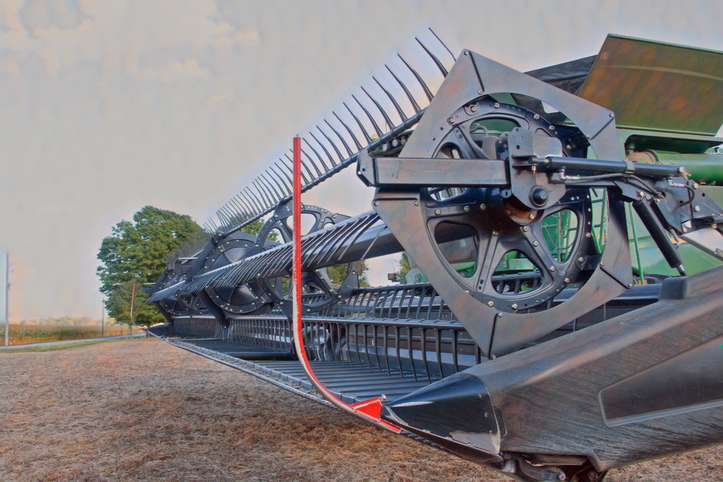Indiana Farmers Face Rising Costs, Market Woes

INDIANAPOLIS — Hoosier farmers and ranchers gathered Wednesday to say that ongoing uncertainty, including government shutdowns and rising costs, is putting a lot of pressure on Indiana’s agriculture, one of the state’s biggest economic drivers.
At a press conference, longtime farmer and rural advocate Kent Yeager said rising production costs have completely changed the way farmers run their operations.
“Inputs are so expensive anymore,” Yeager said. “It’s changed dramatically over the last 25 or 30 years in how much it costs to raise a crop. It makes it really easy for that number to be negative if we don’t have good prices, and those prices are affected by a lot of things we can’t control.”
Yeager said the lack of clear market and government data, combined with the ongoing federal government shutdown, makes it even harder for farmers to plan for the next growing season.
Farmer Andrew Stewart echoed those concerns, noting that uncertainty in fertilizer supplies and energy costs has hit producers hard.
“We’ve been trying to look at alternatives. Chicken litter and other organic fertilizers are getting more popular, but with bird flu, you never know how many chickens will be out there to produce the manure,” Stewart said. “Then there’s the cost of transportation and application. If we can control our inputs a little bit, that helps, but everything is connected.”
He added that environmental and industrial shifts are unintentionally raising costs. “All our diesel engines now require DEF, which is made from urea, and that’s raised the cost of urea for fertilizer,” Stewart said. “Now we’re seeing phosphorus being used for electric car batteries, and down the road that could raise fertilizer costs too.”
Cattle producer Tim Schwab said trade policy and consumer education are equally important to the future of Hoosier agriculture.
“We need to educate consumers, not just about beef, but about all the products coming off the farm,” Schwab said. “Trade policies need to be market-driven and science-based. We raise the highest-quality soybeans and beef. If we let the markets work and base our policies on science, we’ll be a lot better off.”
Despite the current federal shutdown, the 36th in U.S. history, Stewart said most farmers are determined to keep working.
“Farmers are resilient,” he said. “We’re going to keep producing whether the government is open or not. There are things we have to put off, but we’re still trying to produce the highest-quality corn and soybeans we can.”
Still, the shutdown has disrupted key services. Yeager noted that some Farm Service Agency offices are closed and market reporting has stopped for crops and livestock. “Thankfully, meat inspectors are considered essential,” he said. “So processing plants are still operating.”
Schwab also spoke about the toll of the avian flu outbreak, which continues to affect poultry and egg producers nationwide.
“When we have to depopulate because of something like that, the stress is unreal,” Schwab said. “We care about our animals, and it takes a human toll. Consumers see higher prices for eggs and other products, but it also means producers have to change their biosecurity practices and deal with that emotional stress.”
Looking ahead to 2025, all three farmers agreed that stability in markets, policy, and public understanding will be key to sustaining Indiana’s farms and rural communities.






















